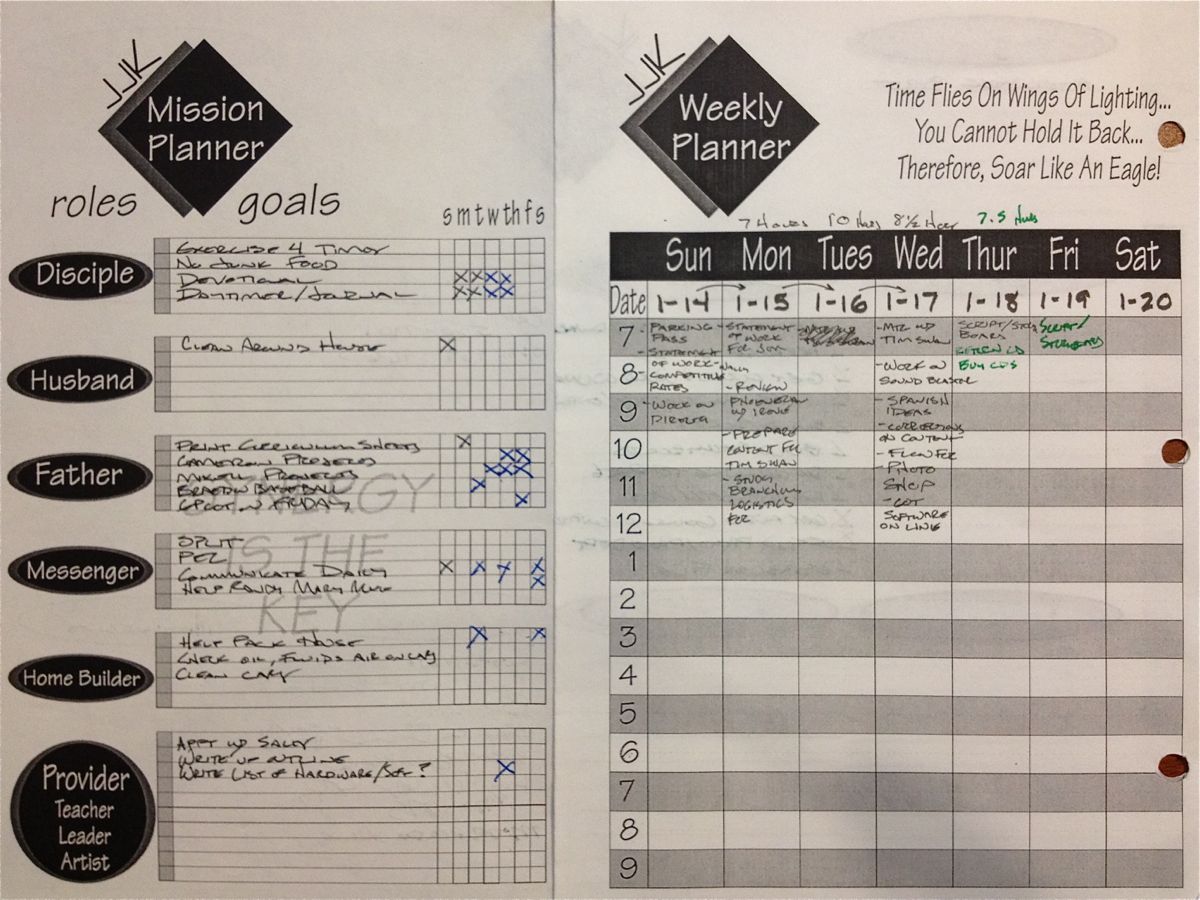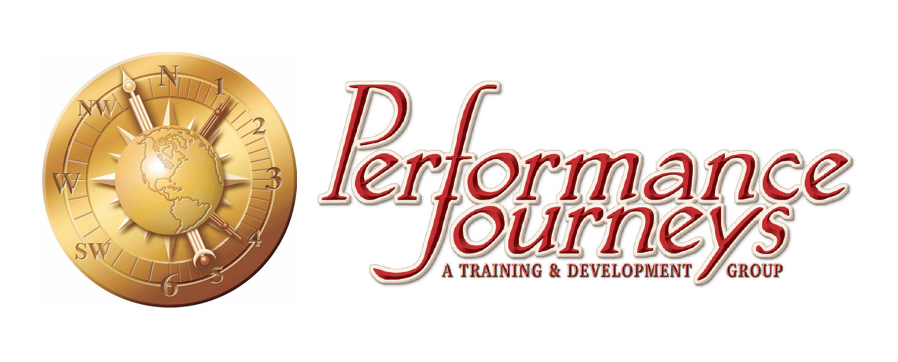
I remember seeing Stephen R. Covey for the first time. It was in the atrium of the newly opened Tanner building at Brigham Young University. I was an undergraduate in search of more than a degree–I was looking for a future career. This was a couple of years before Covey’s infamous Seven Habits of Highly Effective People was published. I didn’t even know what organizational development was back then, but I was mesmerized by the insights Covey shared with us that day. I already knew him because of a more faith-based book he had written earlier, Spiritual Roots to Human Relations, one that I had devoured several times through while serving a two-year mission in the small pueblos and cities of Colombia.
Fast forward several years later when I was struggling as a new manager in a hectic military-based simulation contract. I was facing my own doubts as someone who could lead others who reported directly to me. A friend and colleague gave me a copy of the newly published The Seven Habits of Highly Effective People. I have implemented many of those teachings to this day in my own life. In fact, at one time early in my career at Walt Disney World, I took artistic license of my own and crafted my own calendaring/scheduling system compete with goals and tools to measure the degree to which my activities were urgent and/or important.
Years later, I was working with the U.S. Department of Education trying to sort out the challenges that continually faced public sector management in the department of Student Financial Aid. After many months of pondering their frustrations on the D.C. metro, I finally came to the realization that their difficulties were rooted in the fact that they continuously centered on widening their circle of control, when they should be focused on widening their circle of influence. My consulting and teaching continually came back to that theme and what that meant to them in their government roles.
When my business partner Mark David Jones and I published our book, Lead With Your Customer, we knew that we couldn’t get very far in the conversation of building great cultures and brands if we didn’t first focus on leadership excellence. That drove everything–employee engagement, customer satisfaction, and long-term loyalty and profit. But most importantly, we knew that if you wanted to become a great leader, you had to focus on those behaviors that built influence.
I joke in my programs that sometimes I promote Covey’s The Seven Habits of Highly Effective People more than my own works. With good reason. It has shaped the life of many–including my own. And for that, I’m grateful for his highly effective influence.
How has Stephen R. Covey’s work shaped your thinking?

Comments are closed.